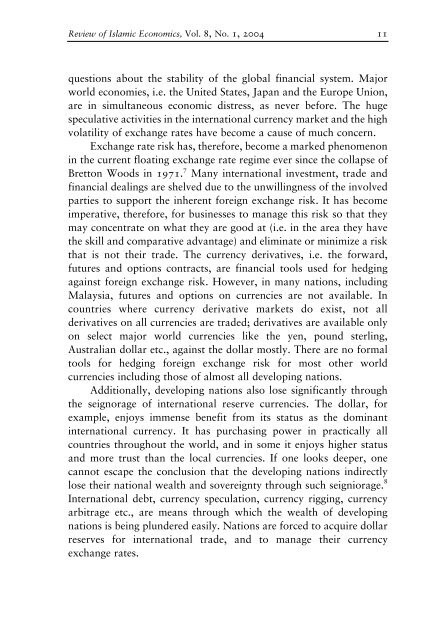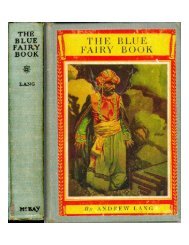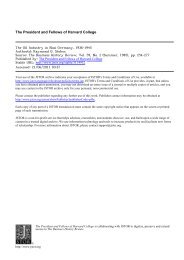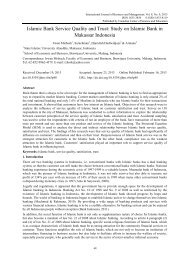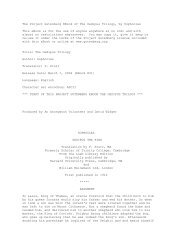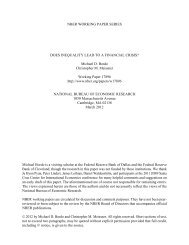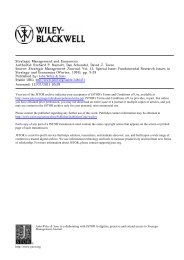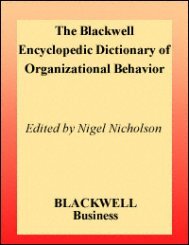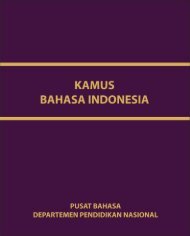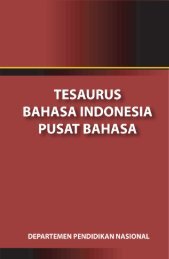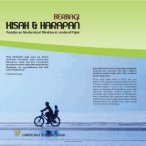The Gold Dinar
The Gold Dinar
The Gold Dinar
You also want an ePaper? Increase the reach of your titles
YUMPU automatically turns print PDFs into web optimized ePapers that Google loves.
Review of Islamic Economics, Vol. 8, No. 1, 2004<br />
questions about the stability of the global financial system. Major<br />
world economies, i.e. the United States, Japan and the Europe Union,<br />
are in simultaneous economic distress, as never before. <strong>The</strong> huge<br />
speculative activities in the international currency market and the high<br />
volatility of exchange rates have become a cause of much concern.<br />
Exchange rate risk has, therefore, become a marked phenomenon<br />
in the current floating exchange rate regime ever since the collapse of<br />
Bretton Woods in 1971. 7 Many international investment, trade and<br />
financial dealings are shelved due to the unwillingness of the involved<br />
parties to support the inherent foreign exchange risk. It has become<br />
imperative, therefore, for businesses to manage this risk so that they<br />
may concentrate on what they are good at (i.e. in the area they have<br />
the skill and comparative advantage) and eliminate or minimize a risk<br />
that is not their trade. <strong>The</strong> currency derivatives, i.e. the forward,<br />
futures and options contracts, are financial tools used for hedging<br />
against foreign exchange risk. However, in many nations, including<br />
Malaysia, futures and options on currencies are not available. In<br />
countries where currency derivative markets do exist, not all<br />
derivatives on all currencies are traded; derivatives are available only<br />
on select major world currencies like the yen, pound sterling,<br />
Australian dollar etc., against the dollar mostly. <strong>The</strong>re are no formal<br />
tools for hedging foreign exchange risk for most other world<br />
currencies including those of almost all developing nations.<br />
Additionally, developing nations also lose significantly through<br />
the seignorage of international reserve currencies. <strong>The</strong> dollar, for<br />
example, enjoys immense benefit from its status as the dominant<br />
international currency. It has purchasing power in practically all<br />
countries throughout the world, and in some it enjoys higher status<br />
and more trust than the local currencies. If one looks deeper, one<br />
cannot escape the conclusion that the developing nations indirectly<br />
lose their national wealth and sovereignty through such seigniorage. 8<br />
International debt, currency speculation, currency rigging, currency<br />
arbitrage etc., are means through which the wealth of developing<br />
nations is being plundered easily. Nations are forced to acquire dollar<br />
reserves for international trade, and to manage their currency<br />
exchange rates.<br />
11


